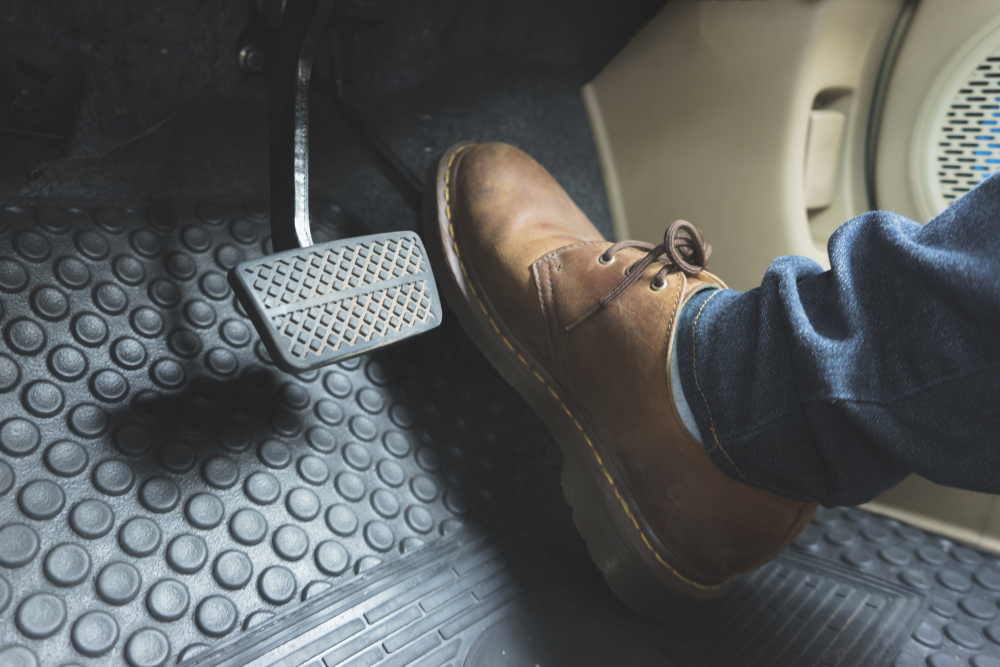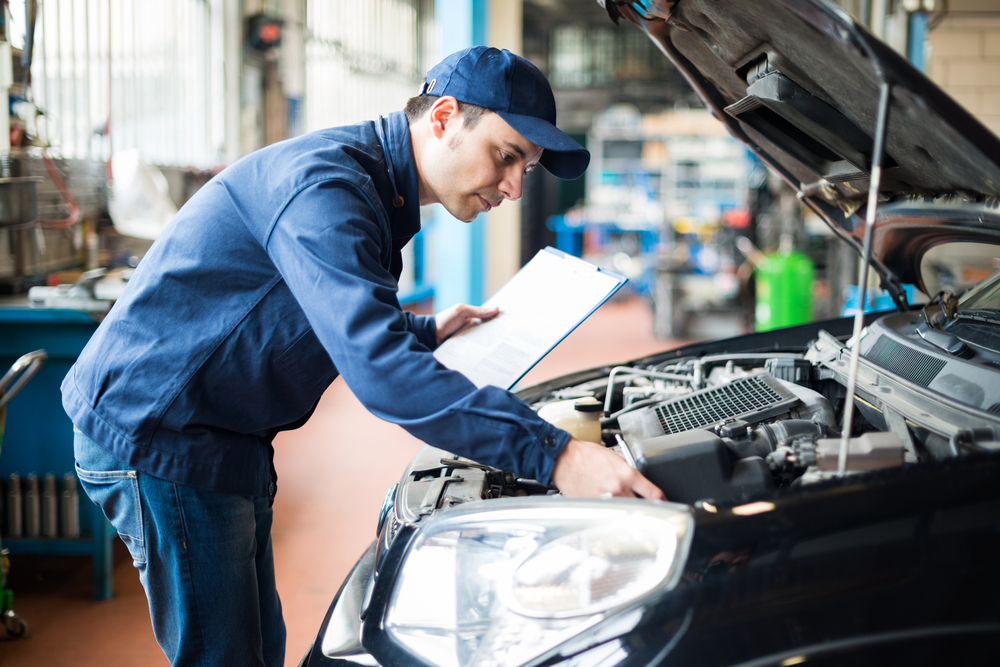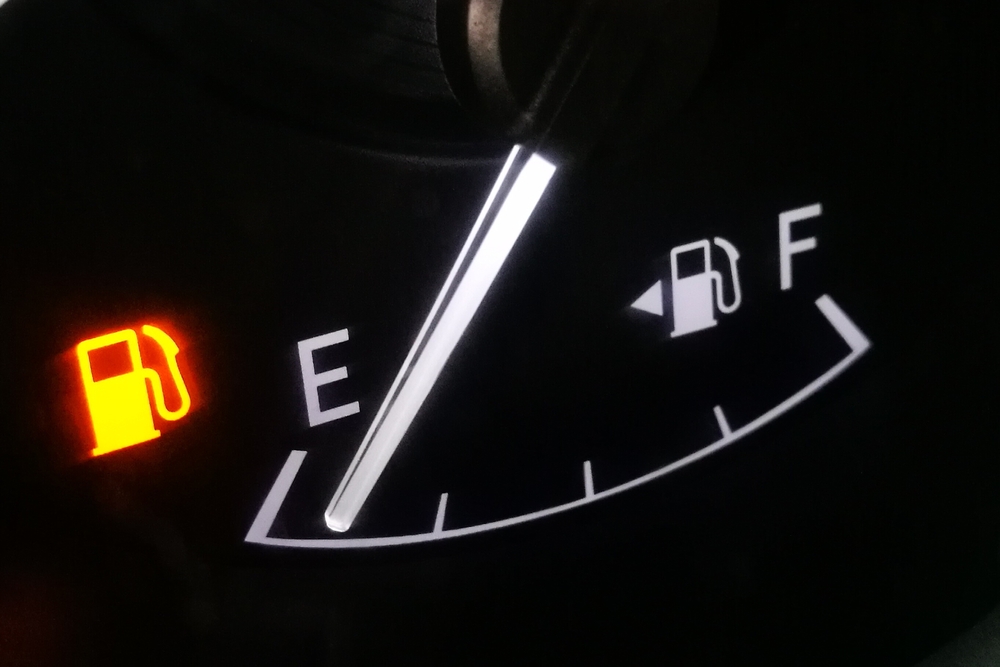Introduction
Your driving habits hold a remarkable sway over your car’s mileage, exerting influence on fuel efficiency and overall performance. Whether you find yourself on the open road or winding through urban landscapes, the way you drive can significantly impact your vehicle’s fuel economy. We set out to explore the complex connection between driving behaviors and vehicle mileage in this blog. We’ll go into the specifics of how certain behaviors can help or hurt efficiency, giving you the information you need to make wise choices for a more cost-effective and environmentally friendly driving experience. Gaining knowledge about the significant impact driving habits have on fuel efficiency and performance will enable you to implement tactics that maximize your vehicle’s mileage while simultaneously making the road a more environmentally friendly and efficient place to drive. Let’s investigate the complex relationship between driving behaviors and vehicle mileage in order to promote safer and more conscientious driving behaviors.
Smooth Acceleration and Deceleration:
- Because less fuel is used when accelerating and braking gently, fuel efficiency can be greatly increased.
- Steer clear of abrupt acceleration and hard braking, as these actions not only waste fuel but also cause wear and tear on the parts of your car.

Maintain a Consistent Speed:
- Maintaining a constant speed reduces variations in engine workload, which maximizes fuel efficiency, particularly on highways.
- When it makes sense, use cruise control to keep a steady speed and use less fuel when traveling long distances.
Prevent Being Overly Idling:
- Idling reduces fuel efficiency because it uses fuel while producing no mileage.
- Reduce the amount of time you spend idling by shutting off the engine when you’re parked for a long time or are stuck at a stop sign for longer than a minute.
Enhance Travel Itinerary:
- When planning your routes, keep in mind that heavy traffic, frequent stops, and hilly terrain can all lead to higher fuel consumption.
- Taking into account variables like traffic patterns and road conditions, select the most direct and economical route to your destination.
Appropriate Tire Upkeep:
- Reduced fuel efficiency results from underinflated tires because they create more rolling resistance.
- To increase mileage, make sure your tires are properly inflated and check their pressure on a regular basis, following the manufacturer’s recommendations.
Cut Down on Extra Weight:
- Eliminate extraneous items from your car’s interior or trunk to lighten the load and increase fuel economy.
- Overweight vehicles use more fuel and put more strain on the engine, particularly when accelerating and going uphill.
Make Wise Use of Air Conditioning:
- Fuel consumption can be greatly impacted by air conditioning, particularly at faster speeds.
- To save fuel, use the air conditioning sparingly and think about opening the windows or using the ventilation system in the car when you’re traveling at slower speeds.
Reckon on Traffic Flow:
- You can minimize the need for abrupt acceleration or braking by adjusting your driving style in accordance with your anticipated traffic conditions.
- To maximize fuel efficiency, keep a safe following distance and be ready to coast or slow down gradually.
When to Drive Off-Peak:
- By reducing the amount of time spent stuck in traffic, driving during off-peak hours can increase fuel efficiency.
- In order to maximize your driving experience, think about modifying your schedule to avoid periods of high traffic whenever feasible.
Frequent Inspections for Maintenance:
- Optimized performance and fuel efficiency are guaranteed by proper maintenance, which includes regular oil changes, filter replacements, and engine tune-ups.
- To preserve the best possible condition and get the most mileage out of your car, adhere to the manufacturer’s recommended maintenance schedule.

Conclusion
In conclusion, the mileage and fuel efficiency of your car are greatly influenced by the way you drive. You can optimize your car’s performance and save expenses and fuel consumption by following guidelines that encourage steady speeding, seamless driving, and regular maintenance. On the other hand, poor driving practices and neglected maintenance can result in lower productivity and increased costs. By lowering carbon emissions, following these suggestions not only helps the environment but also your pocketbook. Therefore, by practicing responsible driving, you contribute to building a more sustainable future for future generations as well as increasing the fuel efficiency of your vehicle.

